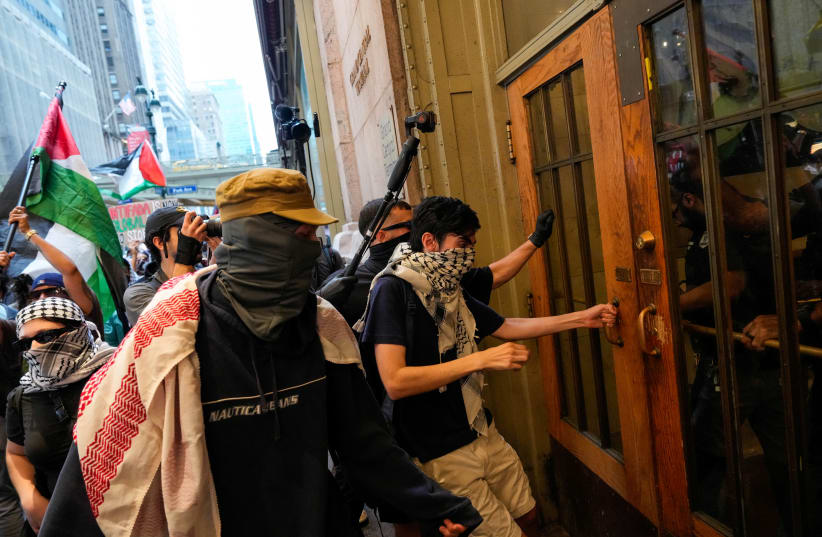Fighting Antisemitism at CUNY: A Call for Accountability and Action
The City University of New York (CUNY) finds itself under intense scrutiny after Jewish students recounted harrowing experiences of antisemitism during a City Council hearing. The university, which serves as a beacon of education for diverse communities, now faces an urgent reckoning over allegations of hate-filled incidents on its campuses.
At the center of the storm is CUNY Chancellor Félix V. Matos Rodríguez, who faced sharp criticism from lawmakers for his perceived lack of action and transparency. The council’s frustration boiled over as Rodríguez failed to provide crucial data on complaints, disciplinary actions, or concrete steps taken to address the surge of antisemitic incidents.
Lawmakers Demand Transparency
Council member Eric Dinowitz, chair of the Committee on Higher Education, was forthright in his disapproval. “We want a CUNY that is safe and welcoming for all students,” he stated, underscoring the gravity of the situation. Yet, the absence of detailed information during Rodríguez’s testimony left lawmakers exasperated.
Council member Julie Menin echoed these sentiments, calling the chancellor’s testimony “wholly unsatisfactory.” For students facing hostility on campus, vague assurances are not enough—actionable steps and tangible outcomes are imperative.
Students Share Harrowing Stories
Jewish students painted a chilling picture of life on campus, where fear and hostility have become all too common. One student described being labeled a “genocide enabler” for speaking out against antisemitism. Another recalled being told to remove a Star of David necklace and feeling unsafe after returning from a trip to Israel.
These testimonies highlight the emotional toll and the broader implications of unchecked hatred. “All I ask is that Jewish students are treated with the same respect and dignity that any other student would be granted,” one student pleaded.

A Report That Demands Action
The issue isn’t new. In September, a state-commissioned report by former New York Chief Judge Jonathan Lippman made 13 recommendations to combat the alarming rise of antisemitism at CUNY. These included overhauling the complaints system, enhancing security, and adopting the International Holocaust Remembrance Alliance’s (IHRA) definition of antisemitism.
While the chancellor acknowledged ongoing efforts to revamp the complaints system and implement a case management tool, his testimony failed to reassure lawmakers or students.
Freedom of Expression vs. Hate Speech
The complexity of balancing free speech with combating hate was a recurring theme. Rodríguez touted the creation of a “Freedom of Expression Working Group” to address this delicate balance. However, students and council members made it clear: protecting free speech should never come at the expense of student safety or dignity.
The Road Ahead for CUNY
CUNY’s response to antisemitism is a test of its values as an institution that claims to champion diversity and inclusion. With $975 million in city funding and $2.1 billion from the state, the university has the resources to enact change. Now, it must demonstrate the will.
Jewish students are calling for a top-to-bottom overhaul of policies to ensure their safety and dignity. The adoption of the IHRA definition of antisemitism would be a meaningful first step. Coupled with transparent reporting and concrete actions, CUNY can begin to rebuild trust and create a truly inclusive environment.
A Call to Action
The stakes are high, and the time for platitudes has passed. Students, lawmakers, and administrators must work together to ensure that hate has no place in one of the nation’s largest public university systems. Only then can CUNY truly live up to its mission of providing a safe and welcoming environment for all.



